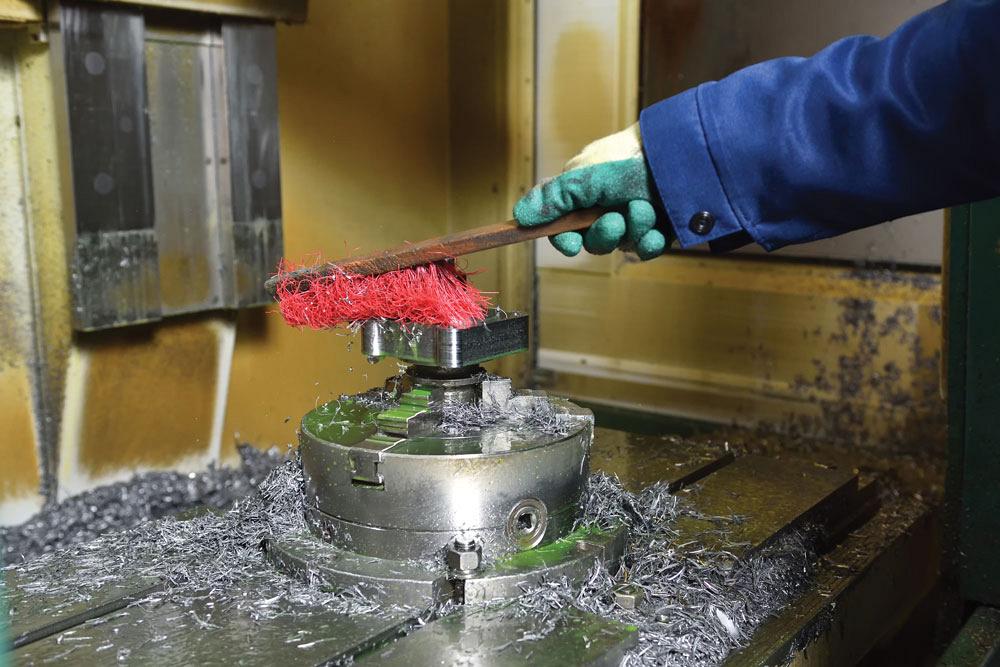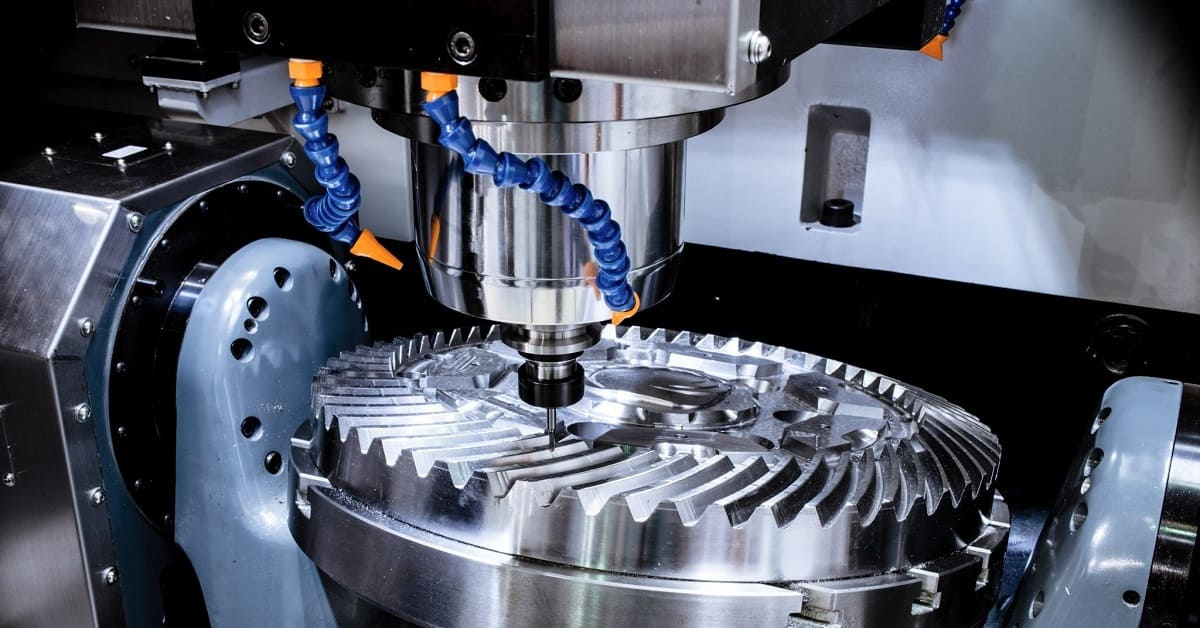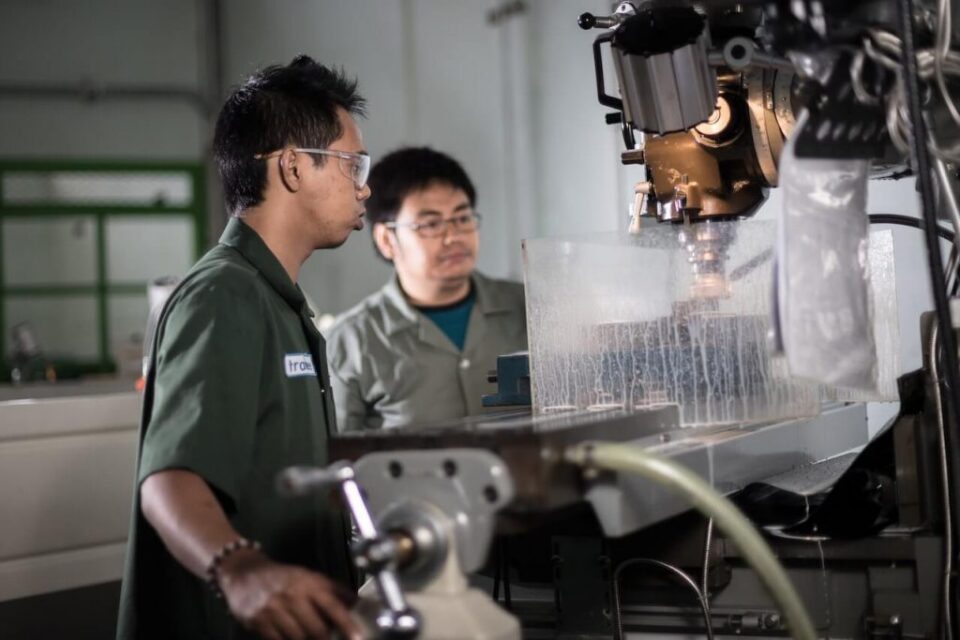In the fast-paced world of CNC machining, where precision meets technology, the allure of innovation often overshadows an urgent concern: health risks lurking in the workshop. While the hum of machines can be music to the ears of skilled operators, the reality is that these environments harbor various hazards that can pose significant threats to workers well-being.
From the physical toll of repetitive motions and awkward postures to the silent dangers of exposure to toxic substances and excessive noise, the CNC industry is a double-edged sword. Moreover, the mental strain associated with high-stakes productions and tight deadlines can further intensify the health challenges faced by machinists.
As we delve deeper, we’ll explore the intricate tapestry of risks associated with CNC work, shedding light on the importance of proactive measures to safeguard the health of those who drive this vital sector forward. Understanding these risks not only fosters a safer workplace but also empowers workers to thrive in an industry where their skills are indispensable.
Physical Health Risks

Working in the CNC (Computer Numerical Control) industry exposes technicians and operators to a myriad of physical health risks that can have long-term consequences. The incessant exposure to loud machinery can lead to noise-induced hearing loss, a condition often overlooked until its too late.
Additionally, the repetitive motions required for operating CNC machines can result in musculoskeletal disorders, such as carpal tunnel syndrome and chronic back pain, leaving workers grappling with discomfort that can hinder their productivity. Coupled with these issues, the risk of cuts, burns, and other injuries from moving parts is ever-present, making it crucial for employers to prioritize safety training and ergonomic practices.
Moreover, the dust and metal shavings produced during machining processes can contribute to respiratory problems if proper ventilation and protective gear are not utilized. In this high-precision environment, the interplay of hazardous conditions underscores the importance of proactive measures to safeguard the health and well-being of those who power this essential industry.
Psychosocial Risks

In the CNC industry, the psychosocial risks loom large, intertwining with the physical demands of the job to create a complex tapestry of challenges. Workers often face high levels of stress due to the fast-paced nature of manufacturing, which can lead to anxiety and burnout.
The need for precision and constant attention to detail can foster an environment where job-related pressure peaks, creating an atmosphere thick with tension. Moreover, long hours and the potential for isolation in a factory setting can significantly impact mental health, making individuals feel disconnected and undervalued.
This isolation may be compounded by limited social interaction and support, resulting in a workplace culture that inadvertently promotes mental strain. Thus, understanding and addressing these psychosocial risks is crucial, not only for the well-being of the employees but also for the overall efficiency and productivity of the industry.
Ensuring effective communication, fostering a supportive work environment, and implementing stress management strategies are vital steps toward mitigating these risks and promoting a healthier workforce.
Long-Term Health Implications

Working in the CNC industry can lead to a range of long-term health implications that may not be immediately apparent. Prolonged exposure to metalworking fluids, which can contain harmful chemicals, poses significant risks, including skin conditions and respiratory issues.
Beyond the physical ailments, there’s the often-overlooked impact on mental health—consistent stress from tight deadlines and high precision requirements can contribute to anxiety and burnout. Moreover, repetitive motions and prolonged periods of standing or sitting can result in musculoskeletal disorders, affecting joints and muscles over time.
Workers might not feel the effects until years later, making prevention and regular health screenings all the more critical. As we delve deeper into the intricacies of this industry, understanding and mitigating these risks becomes imperative for safeguarding not only immediate well-being but also long-term health outcomes.
Conclusion
In conclusion, while the CNC industry, particularly through cnc milling services, plays a vital role in modern manufacturing and technology, it is crucial to address the health risks that accompany this line of work. From exposure to harmful chemicals and noise to the physical strain associated with operating machinery, workers face various challenges that can impact their long-term well-being.
By prioritizing safety measures, providing adequate training, and promoting a culture of health within CNC facilities, employers can help mitigate these risks and ensure a safer, healthier workplace for all employees. Ultimately, safeguarding worker health not only enhances productivity but also fosters a more sustainable and responsible CNC industry.

